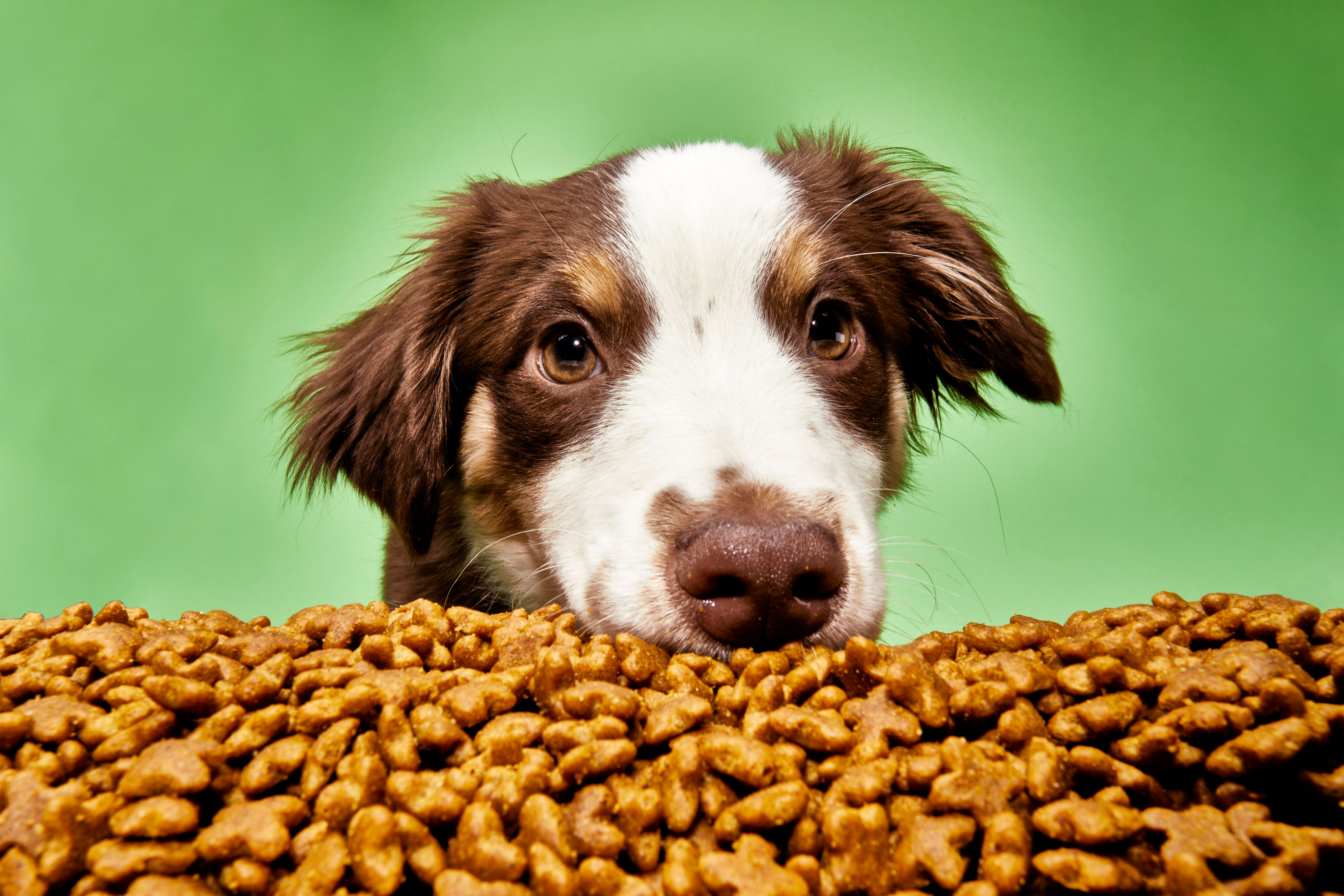Dogs can safely eat certain vegetables, such as carrots, green beans, and sweet potatoes. These vegetables provide dogs with additional nutrients and can be a healthy addition to their diet.
The Benefits Of A Nutritious Canine Diet
A nutritious canine diet has several benefits for dogs. One of them is improved digestion, which helps in maintaining a healthy gastrointestinal system. By feeding your dog the right vegetables, you can promote regular bowel movements and prevent digestive issues.
Another advantage is weight management. Including vegetables in your dog’s diet can help maintain a healthy weight, preventing obesity and related health problems. Furthermore, a nutritious diet can enhance the immune system, making your dog more resistant to illnesses and diseases.
Vegetables such as carrots, broccoli, and sweet potatoes are packed with essential vitamins and minerals that support overall health. Incorporating these vegetables into your dog’s meals can provide them with the necessary nutrients for optimal well-being. So, include vegetables in your dog’s diet for improved digestion, weight management, and a stronger immune system.
Vegetables That Are Safe For Dogs
Vegetables that are safe for dogs include carrots, green beans, sweet potatoes, and peas. These vegetables are not only tasty but also provide a range of health benefits for your furry friend. Carrots are a great source of vitamins and fiber, promoting good digestion and dental health.
Green beans are low in calories and high in fiber, making them a healthy snack option. Sweet potatoes are packed with antioxidants and vitamins, supporting a strong immune system. Peas are rich in vitamins and minerals, promoting a healthy coat and skin.
It’s important to remember to cook or steam the vegetables before feeding them to your dog, as raw vegetables can be difficult to digest. By incorporating these vegetables into your dog’s diet, you can ensure they receive all the essential nutrients they need to thrive.
Vegetables To Avoid Giving To Dogs
Vegetables to Avoid Giving to Dogs include onions, garlic, avocado, and tomatoes. These vegetables can be harmful to dogs and should be kept away from their diet. Onions, in particular, contain a toxic substance that can damage a dog’s red blood cells and lead to anemia.
Garlic, although less toxic, can still cause digestive upset and, in large quantities, can be harmful. Avocado contains persin, a toxin that can cause vomiting and diarrhea in dogs. Similarly, tomatoes can be problematic due to the presence of solanine, a toxin that can negatively affect a dog’s nervous system.
It’s essential to be aware of these vegetables and refrain from including them in your dog’s meals to ensure their overall well-being and health.

Credit: nymag.com
Conclusion
It’s clear that dogs can enjoy a variety of vegetables in their diet. Incorporating these nutritious plant-based foods can provide numerous health benefits for our furry friends. However, it’s essential to introduce new vegetables gradually and monitor any potential adverse reactions.
Always consult with your veterinarian before making any significant changes to your dog’s diet. Remember that while vegetables can be a valuable addition to their meals, they should never replace their primary source of nutrition, which is a well-balanced dog food.
Additionally, be cautious of toxic vegetables, such as onions and garlic, which can be harmful to dogs. Aim for a balanced and diverse approach when introducing vegetables, ensuring your dog’s well-being and enjoying the benefits of a wholesome diet. So go ahead, safely explore the world of vegetables with your pup and watch them thrive with the addition of these healthy and tasty treats in their lives.
